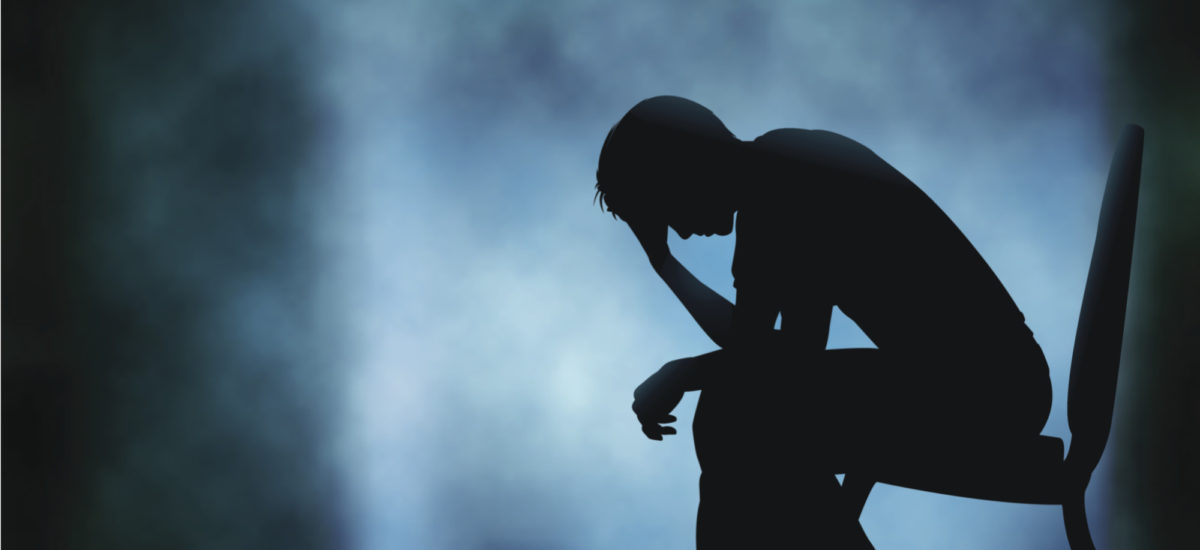Photo Courtesy of Norwegian SciTech News
Mental illness is not uncommon in Sri Lanka. Most often, mental illness and disorders go undetected due to social and cultural taboos, severely damaging a person’s level of happiness, productivity, and his or her ability to maintain relationships. Among people being treated for mental illnesses in Sri Lanka, 37% suffer from depression, 17% suffer from psychosis, and the prevalence of antenatal and postnatal depression is 27.1% and 16.2% respectively. These figures alone indicate that mental health should be a main focus in Sri Lanka’s health agenda.
In 2016, Groundviews visited the National Institute of Mental Health (NIMH) to get detailed insight into the structure of the institution, the types of patients and forms of treatment provided, as well as stigma and discrimination associated with mental illness in Sri Lanka. The photo story from this visit including discussions with those working within the NIMH and in the mental health sector can be viewed here. Groundviews also compiled a short video addressing some myths surrounding mental health treatment.
Two years later in 2018, little had changed with regard to stigma associated with mental illness in Sri Lanka. Writing to Groundviews, Nivendra Uduman, a counselling psychologist and psychotherapist, flagged the stigma related to mental health as one the main barriers that cripples victims as well as systemic progress in addressing these issues. In his article, he dives into institutionalisation, the media, society, and the family as multiple levels at which stigma is continually perpetuated.
This year, in order to mark World Mental Health Day on October 10, Groundviews spoke to Dr. M. Ganesan, Consultant Psychiatrist at the NIMH, to discuss common misconceptions surrounding mental illness and what we can do to better understand our state of mental health.
Editor’s Note: Also read “The Reality of Suicide in Sri Lanka: Need for data-driven analysis”
If you need emotional support or guidance, help with facing difficulties, or simply want to talk to someone, dial 1926 (Government helpline), 1333 (CCC Foundation), or 0112692909/2683555 (Sumithrayo).
Given the current context of the Coronavirus pandemic, if you experience anxiety, depression or any other mental difficulties dial 0718699225 or 0773680930 for counselling services by the Sri Lanka National Institute of Professional Counsellors.

